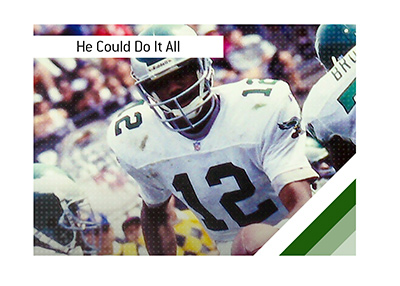Taxpayers Usually Contribute Heavily To Build New Stadiums
Published on October 6th, 2022 2:00 pm ESTWritten By: Dave Manuel
 The Buffalo Bills are building a brand-new stadium in New York.
The Buffalo Bills are building a brand-new stadium in New York. The total cost?
$1.4 billion, of which $850 million will be paid for by the state's taxpayers.
This is just for the cost of building the stadium.
On top of that, taxpayers in the state will contribute an additional $280 million for maintenance and improvements over the course of the lease.
In total, New York's taxpayers will pay over $1 billion for the new Buffalo Bills stadium.
-
This story gets played out over and over across the professional sports landscape.
In most cases (not all, but most), taxpayers are expected to cover a substantial part of the costs of building a new stadium or improving an old one.
Teams usually require a new stadium (or significant upgrades) every 30 years or so, so this is a dance that plays out constantly.
Since 2000, 19 new NFL stadiums have been built (or are in the process of being built).
Of these 19 stadiums, 16 received some sort of taxpayer financing.
The three exceptions? Gillette Stadium, MetLife Stadium and SoFi Stadium.
-
Professional sports teams are obviously very popular in the cities in which they are located, and owners will almost always apply significant pressure to get what they want.
The usual bargaining chip? The threat of moving the team to another city. This is a threat that often works, though there have been some instances in the past when teams have actually moved (or tried to move) after a stadium financing package couldn't be worked out.
-
So how do billionaire owners of professional sports franchises get away with taxpayers financing a huge portion of the costs of building a new stadium?
There are three major reasons:
1) Influence.
NFL owners are well-connected and usually donate heavily to political campaigns.
They wine and dine CEOs in expensive luxury boxes, take the kids of politicians to meet their favorite players on the team, etc.
When the time comes to ask for a favor in return, most NFL owners aren't hesitant to use this bargaining chip.
2) Guilt.
Do you want to be the mayor of a city or the governor of a state that a professional sports franchise moves away from because they couldn't secure a stadium deal? Fans are incredibly passionate, and politicians will face unrelenting heat to get a deal done.
3) "Economic Benefits."
Will a city or state get a return on their investment if they sink over a billion dollars into a new football stadium?
Economic studies have indicated that the answer is almost certainly no.
This doesn't stop politicians from touting the new construction jobs that a new stadium project will generate, or the continued economic impact on the city in general.
-
Owners of professional sports teams (especially NFL teams) know that they will almost certainly get the funds that they want from taxpayers in the end.
Sure, they can afford to finance the stadiums themselves, but why do that when you can get taxpayers to foot most of the bill for you?
This is a game that will continue to be played.



